"Criticality at the quantum Hall-superconductor interface "Vlad Kurilovich , Yale [Host: Dima Pesin]
ABSTRACT:
Topological superconductors provide a promising route to fault-tolerant quantum computing; however, it proved hard to find or engineer them. Recently, topological superconductivity was predicted to arise at the interface between quantum Hall and conventional superconducting states. Since both ingredients are readily available in the lab, topological superconductivity seemed to be within the reach. The predictions, however, focus on the idealized “clean” case, whereas only strongly disordered superconductors are compatible with high magnetic fields needed for the quantum Hall effect. Can topological superconductivity survive the presence of disorder?
We develop a theory of two counter-propagating quantum Hall edge states coupled via a narrow disordered superconductor. We show that, in contrast to the clean-case predictions, the edge states do not turn into a topological superconductor. Instead, the disorder tunes them to the critical point between the trivial insulating phase and the topological phase. We determine the manifestations of this criticality in the charge transport, finding that the critical conductance is a random, sample-specific quantity with a zero average and unusual bias dependence. The developed theory of disordered superconductor-quantum Hall interfaces offers an interpretation of recent experiments. |
Condensed Matter Seminar Thursday, September 28, 2023 3:30 PM Clark Hall, Room G004 Note special room. |
To add a speaker, send an email to phys-speakers@Virginia.EDU. Please include the seminar type (e.g. Condensed Matter Seminars), date, name of the speaker, title of talk, and an abstract (if available).
 Physics at Virginia
Physics at Virginia